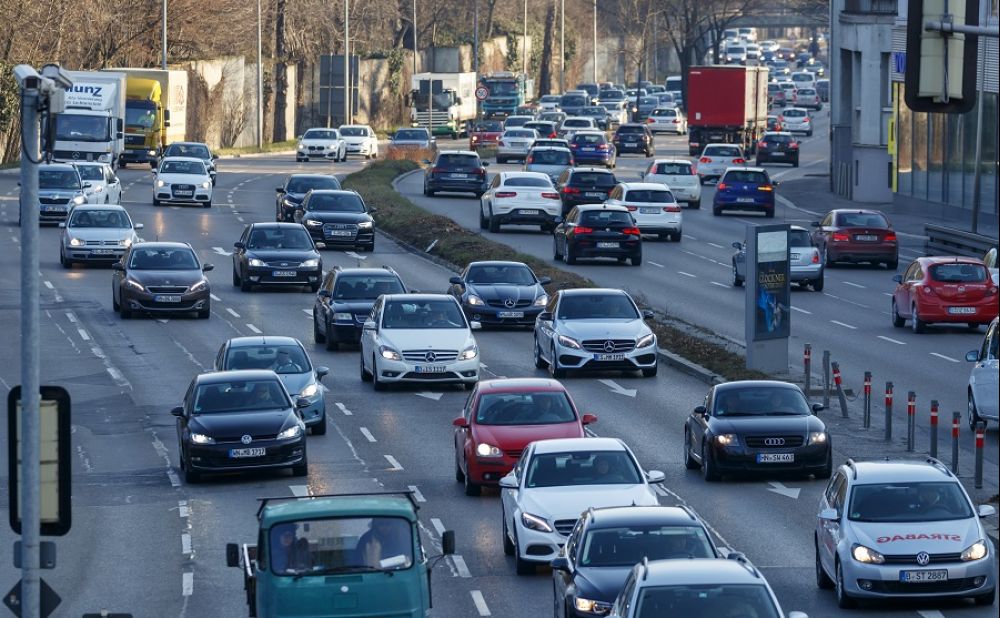German cities to ban diesel cars following landmark court ruling
Diesel cars emit nitrogen oxides, or NOx, that causes respiratory illnesses and thousands of premature deaths annually.
Experts in Germany estimate that nitrogen oxide (NOx) kills between 6000 and 13,000 people every year. It has been one of Europe’s most outspoken countries on the subject.
Diesel vehicle sales in Germany fell seven percent in 2017, largely in response to a consumer backlash against the technology in the wake of the Dieselgate scandal, where Volkswagen Group was caught cheating on emissions tests. “Ultimately, only integrated transport and energy policies that consider all sources and uses of fuels and mobility needs will be effective in reducing air pollution and greenhouse gas emissions”.
“This ruling is a victory for clean air, and shows what’s possible when public health is the priority”, Niklas Schinerl, clean air campaigner at Greenpeace Germany said.
The court said it would be up to city and municipal authorities to apply the bans, but advised them to “exercise proportionality” in enforcing them, and to impose them gradually, granting exemptions for certain vehicles, such as ambulances, rubbish collection lorries and police cars. Authorities now have several months to adjust their clean air plans accordingly.
The resale value of older cars is likely to plummet as there won’t be much demand for vehicles that may not be allowed into city centers.
Activists are starting to sue cities for failing to clean up their air, and Tuesday’s court ruling means that cities can act to ban polluting cars – a step that politicians and the industry have fought very hard to prevent. The presiding judge Andreas Korbmacher noted that cities would not be responsible for financially compensating the owners of cars whose value depreciated as a result.
The diesel issue became a global scandal after US regulators discovered that German auto manufacturers had installed “defeat devices” in their vehicles that shut off during road tests, allowing for vehicles that didn’t comply with emissions standards to enter the market.
Party leader Alexander Gauland: “This course of action against diesel engines will affect the strong exporting German auto industry above all”. A report by the Financial Times this week indicated that Fiat Chrysler Automobiles will drop diesels from its passenger auto line-up, though it is expected to continue using them in some light truck models like the Jeep Wrangler SUV and Ram 1500 pickup. Our experience in the U.S.is that the newest generation of diesel vehicles – equivalent to Europe’s Euro 6 standard – deliver a very clean, near-zero emission performance. It estimates that some 10 million vehicles will be affected across the country.
Officials say it would be hard to enforce diesel bans.
Last year, about 70 German cities failed to meet European Union pollution-level standards.
However, not everyone is happy with the decision.
Carmakers have pledged to overhaul software on 5.3 million diesel cars and are offering trade-in incentives for older models to help improve air quality.








